Is drinking tea the culprit behind yellow teeth? Does overnight tea cause cancer? Is green tea too harsh on the stomach?
Such statements may have become "common sense" in your mind, but today, Lao Zhu wants to tell you: these accusations, tea does not bear.

01
Does tea cause yellow teeth?
Tea leaves stains on teacups, leading some to wonder: could tea also leave stains on teeth, causing them to yellow?
Yellowing teeth are primarily caused by the teeth's natural state and external factors, one of which is "consumption of staining foods and drinks."
So the question arises: Is tea a staining food?
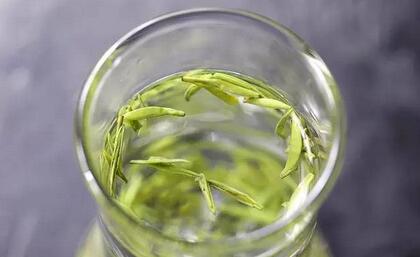
Tea contains a coloring substance called tea pigment, derived from tea polyphenols. When drinking tea, tea polyphenols adhere to teeth, causing slight discoloration. However, tea pigment is not as stubborn as artificial dyes, and the staining it causes can be easily removed with regular brushing.
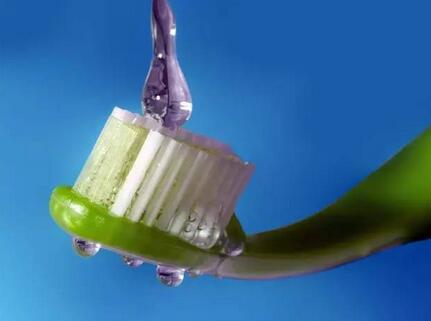
Moreover, tea is beneficial for teeth. Tea polyphenols and fluoride in tea strengthen gums and inhibit bacterial growth, which is why many toothpaste brands include tea polyphenols for protection and whitening.
TRUTH: If you brush your teeth, tea is beneficial and harmless; if you don't brush... even without tea, your teeth won't stay white.

02
Does overnight tea cause cancer? Is it undrinkable?
"Sardines expire, canned meat expires, even保鲜纸 expires." In people's minds, tea's shelf life is especially short—short enough that just one night turns it from a health benefit to a carcinogen.
There are two main reasons people believe overnight tea is undrinkable: first, that it spoils and sours; second, that it produces large amounts of nitrites, which are carcinogenic.
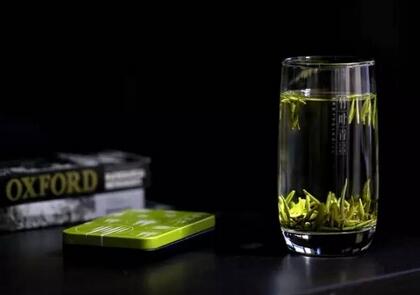
CCTV conducted an experiment, testing tea after 12 and 24 hours. The conclusion was: 1. Overnight tea does not spoil and is safe to drink. 2. The nitrite content in overnight tea is negligible and far below harmful levels.
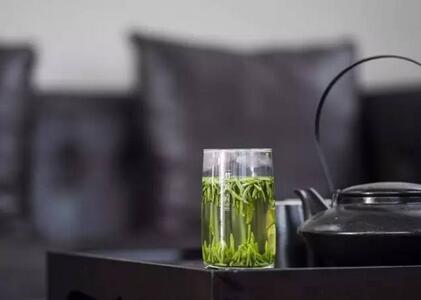
On the contrary, tea can counteract the harm caused by other nitrosamine-containing foods. Tea polyphenols and vitamin C in tea are natural inhibitors of nitrosamines, reducing cancer risk.
TRUTH: As long as the tea hasn't spoiled, overnight tea is harmless. However, reheating or brewing fresh tea will taste better.
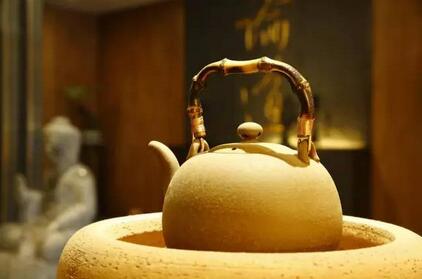
03
Is green tea too harsh on the stomach?
After drinking 18 bowls of strong tea on an empty stomach, Xiao A said, "Green tea is good, but it hurts the stomach." Green tea responds: "..."
Compared to fermented black tea, red tea, and oolong tea, green tea retains more natural compounds, offering higher health benefits. However, its higher tannin and caffeine content can irritate the stomach lining, earning it a reputation for being harsh on the stomach.
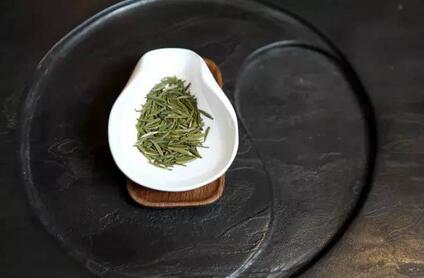
But people have exaggerated green tea's potential harm. The key is moderation. Normal tea consumption won't burden the stomach. Those who experience discomfort likely overdid it—drinking on an empty stomach, brewing too strong, or consuming excessive amounts. Blaming green tea for this is unfair.
TRUTH: Green tea only harms the stomach under specific conditions. Avoid drinking strong tea on an empty stomach, and it won't be a problem.
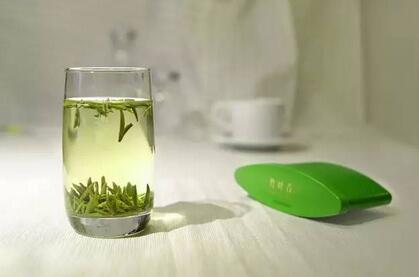
04
Milk + tea = kidney stones?
Rumor has it: The oxalic acid in tea reacts with the calcium in milk to form calcium oxalate, which is hard for the body to absorb. Long-term consumption allegedly leads to kidney stones. Sounds scientific, right?
Before being fooled by this seemingly professional chemical equation, let's understand calcium oxalate: Oxalic acid is a normal metabolic byproduct. When it meets calcium, they form calcium oxalate. Small amounts are filtered out by the body, but large amounts can accumulate, causing kidney stones.
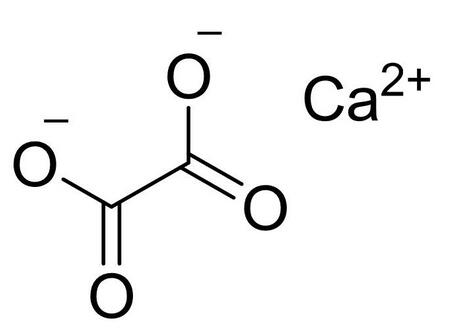
A 200ml cup of tea contains only about 10mg of oxalic acid, while the average daily intake is 185–214mg. Tea's contribution is negligible. Ironically, natural calcium (in milk) binding with oxalic acid reduces oxalate absorption, lowering its levels in the body.
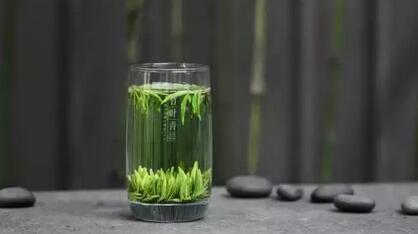
Similar myths include tea with eggs, tea with lamb, and tea with sugar. Lao Zhu won't elaborate but swears by tea eggs: these are pure rumors.
TRUTH: The British, who love milk tea, have a kidney stone incidence of 2%–3%, much lower than the global average of 9%–10%. So, what do you think?

05
Is tannic acid in tea a terrifying substance?
This rumor's origin is impressive: American economist botanist Julia Morton wrote in "The Dangers of Tea" that tannic acid in tea could cause deadly esophageal cancer.
Many took her title as proof of truth. But the article was published in 1987, when science was less advanced. Julia confused tannic acid with tea polyphenols.
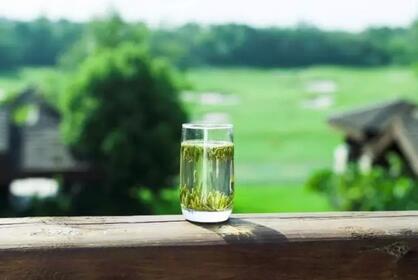
Modern science confirms that tea polyphenols are a type of tannin but not the carcinogenic "tannic acid" once feared. Tea polyphenols not only don't cause cancer but may reduce cancer risk.
TRUTH: As science progresses, myths and misunderstandings are debunked. Tea has long shed its "dangerous" label.
